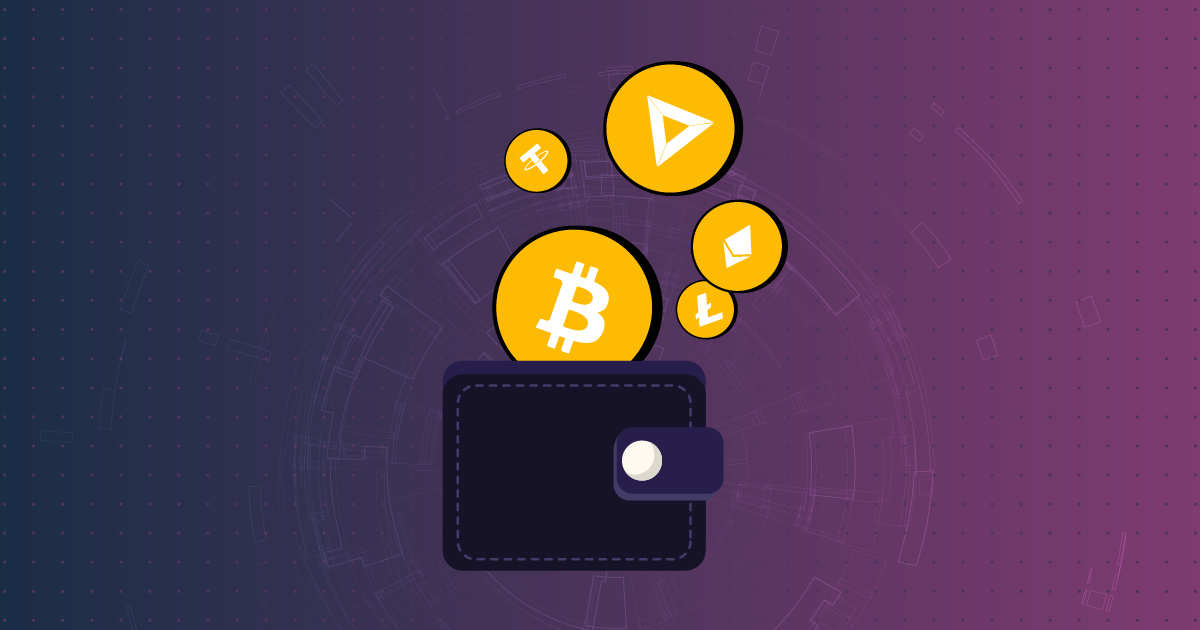Ever since the Decentralised Finance ecosystem has grown, NFTs have become a household name amongst young investors. While trading in crypto assets, you can choose between custodial and non-custodial services.
There have already been various articles across the internet telling you about the crypto industry and NFTs, but there’s very little information about custodianship. Who is controlling the NFTs? How much custody rights do you get when you buy or create your NFT?
To find out, keep reading.
Introduction To Crypto Custody
With businessmen whose wealth has grown through crypto trading, this platform is more and more significant every day. It’s also essential to develop an awareness of proper trading knowledge and how things work in the crypto industry. Whenever you decide to do trading with assets, you will come across the term “custody”.
In general, having custody of something means you are responsible for its security and proper management. In crypto, the term “custody” simply means to possess the private key which shows ownership of the funds being held in the crypto wallet. This is similar to keeping money in a bank and keeping money to yourself at your home – the comparison might help give a slight idea of the concept we would be discussing in this article.
There are two types of custody to choose from while you choose an NFT system:
- Custodial NFT wallet: Certain NFT blockchain systems provide you with a wallet to store the tradable assets but do not give you control over the assets and funds stored in the wallet by keeping the private key of ownership to themselves. This sounds less decentralised than NFT blockchains should be, but large-scale ecosystems, like Binance wallet, prefer to keep the security and integrity of their users safe this way. This is known as a custodial NFT service where you don’t fully own your funds, in terms of security and management.
- Non-custodial NFT wallet: Unlike the custodial NFT services, certain NFT blockchain systems allow their users to claim the private key for full ownership of the funds held in their wallets. When you get hold of the ownership key, you become the sole person responsible for the security and management of your funds. You are not required to register even in some cases and start trading without the hassle of doing KYC. This is a non-custodial NFT service. MetaMask and Trust Wallet are examples of such wallets.
Pros And Cons Of Custodial NFT Services
Pros
- As a new user, you won’t have to scratch your head to find buyers or sellers across a new platform and jump right into trading without prior worries.
- Losing your valuable key wouldn’t be an option since you don’t have to look after it. This will give you a sense of relief while trading.
- The interfaces used to interact with the users are very user-friendly and provide tips to help in an effective trading experience for new users.
- Registering with a custodial NFT system gives you access to support from their helpline team.
Cons
- Not much preferred by expert traders who value the perks of decentralisation as they are not getting absolute control over their funds.
- Registering in a system with your KYC increases the risk of your important data being stolen or misused. Online systems are always prone to malware and hackers.
Pros And Cons Of Non-Custodial NFT Services
Pros
- Expert traders who want full control and privacy of their trading decisions, use a non-custodial NFT service for trading in crypto. You can trade anonymously without a KYC requirement in such services.
- Trading NFTs without any middleman facilitates cheaper transaction fees and a wholesome capital.
Cons
- Since it becomes too much of a responsibility to become an NFT custodian, new users find this service not-so-friendly and inconvenient.
- Since the number of new users still dominate over expert users, more and more people prefer custodial NFT services over non-custodian NFT services. This results in the liquidity inflexibility of the latter services.
- When you are using an NFT network anonymously, that network becomes accessible to anyone and everyone, making it more prone for scammers and hackers to log in and release malicious links. This becomes risky to maintain funds without solid malware protection software installed in your system.
Conclusion
Your expertise in the field of trading would be a key factor in choosing custody of your funds. As an experienced investor, you might like to take things into your hands and opt for non-custodian NFTs. While for a new investor, associating with a custodial NFT service system will make more sense, as the support team would be there to provide tips and tricks for effective trading and also help in troubleshooting transaction problems, effortlessly. Your choice and satisfaction matter the most. If you want to gain more insights into custodian and non-custodian NFTs or want to invest in them, come and start trading on Zebpay, the oldest and most secure crypto exchange in India.


